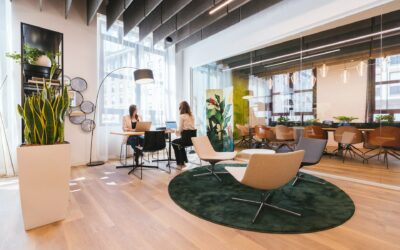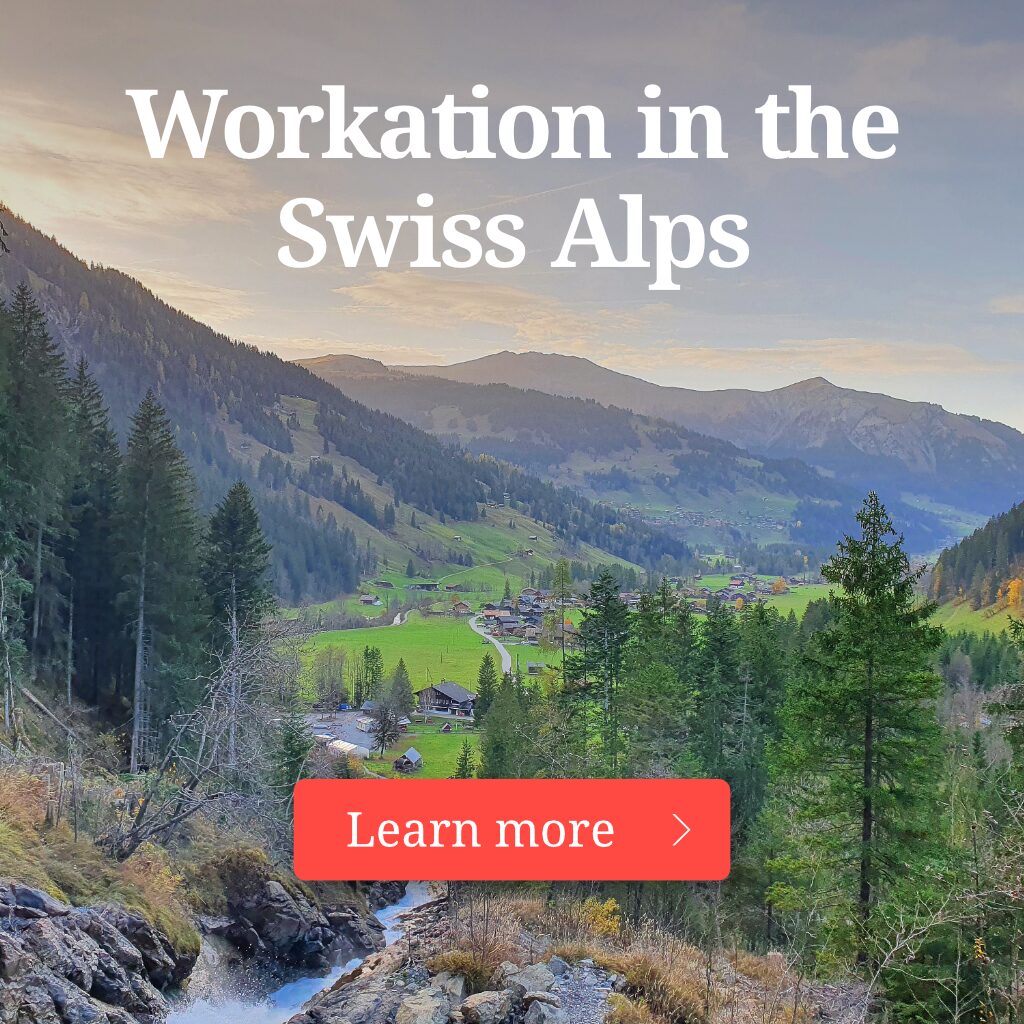|
|
Occasionally working from a café is a fundamental part of being a digital nomad. If you are working from your accommodation, it can feel stifling to be stuck staring at the same four walls for hours every day when you are in an exciting new city. Working from a local café lets you absorb the local culture and atmosphere while being productive.
About 10-15 years ago, cafes started to take steps to encourage workers, by boosting their Wi-Fi and installing more electrical sockets, but according to recent reports, some cafes are now regretting those decisions. Why? Laptop squatters. These are people who come into cafes, order a single coffee, and then camp out and work for several hours. This is bad for café businesses when these non-spending customers occupy a lot of space, both physically and conceptually, pushing out paying customers.
Following issues with non-paying workers doing things like asking staff to turn the music down, bringing their own lunch, and leaving the wrappers behind for the staff to clean up, many cafes are pulling up the welcome mat by doing things like turning off the Wi-Fi, covering power sockets, and banning laptops during peak hours.
Does that mean that digital nomads should stop working at coffee shops? No! As we have already said, it is a great place to work, and workers can be valuable business for cafes. The key is to do it right! Below are our tips for working from cafes in a way that respects and supports the establishment.
Choose the Right Cafes
First and foremost, you need to choose the right cafes. There are some large cafes with lots of seating that encourage remote workers as part of their business model, and you are more than welcome to work there for hours every day. But then there are small cafes with limited seating that expect to do a bustling trade with customers just popping in for a quick cup and a chat. Turning a café like this into your office without a firm indication from the owner that you are welcome is poor behavior.
Scout out coffee shops in advance before you decide to set up camp for the day. You can also research the experience of others in coffee shops around the city using platforms like WorkFrom.
Consider Your Hours
You need to think about when you go to a coffee shop, and how long you intend to stay. Taking up a table in a small coffee shop during peak hours, which are usually between 8 am and lunch, is not going to make you popular. If you love to get a coffee at this time, plan to just stay for an hour while you do email and admin tasks and then move on. If you want to stay for longer, maybe choose an afternoon timeslot when there isn’t much competition for tables. If you can reconcile the two, head to a larger café with lots of tables.
Also, consider how long you intend to stay. Spending a full eight-hour work day perched in the same café will be considered unwelcome behavior in most places. Instead, split up your time. Spend a few hours working from home, then one café, maybe then a park, a different café, and a coworking space. Use moving between spaces as a much-needed work break and an opportunity to enjoy the city around you.
Be Prepared to Spend
While you shouldn’t have to spend $50 every time you want to work from a café, ordering one expresso and then camping out in a café for four hours is unacceptable. If you aren’t spending around $5 an hour where you are working, then you are doing less than the minimum. Rather than having a snack or grabbing lunch before heading to a café, buy it there. It may cost you a little more, but that is helping cover the cost of your workspace. Buy a bottle of water and take advantage of the healthy snacks that most cafes make available.
Definitely don’t bring your own food! Most cafes have policies against that anyway, and it is just rude to force café staff to confront you about it. No one likes to be put in that situation.
Also, tip well. If you find a café where you enjoy working, then the service and the overall ambiance is probably pretty good. Isn’t that worth a nice tip, even in countries without a strong tipping culture? If you remember to tip, you will definitely be more welcome the next time you turn up.
Be Considerate of Space
Of course, when you arrive at a café you will be looking for a table big enough to accommodate your laptop, your coffee, and anything else you might need to hand while you are working. But if, as a single person, you take up a table for four for a couple of hours, you aren’t doing the café any favors. Try and minimize what you need on the desk when café working so that you can free up space for other customers.
As well as physical space, consider airspace. While cafes are usually bustling with conversation, most people don’t want to have to listen to your work calls while the are relaxing. Schedule quiet work and use headphones to manage the noise you produce and block out excessive ambient noise (don’t ask the staff to turn down the music).
Respect the Staff
Remember that the staff of the café are there to make sure the café runs smoothly. If they inform you of rules like no laptop before 11 am or ask you to keep certain noise down, follow their instructions rather than argue. They probably have a good reason for asking, and if they are just being difficult, then that is just a sign that this is not a good working café anyway.
Also remember that while they work for the café, they don’t work for you! Never order around coffee ship staff as though they are your assistant.
Find Multiple Places to Work
While cafes are a great place to work as a digital nomad as they let you feel like you are “in the thick of it”, for most people it is not realistic to work in a coffee house all the time. It should be treated as a supplement or change of scenery from your accommodation workspace or your coworking space. If you aren’t already a fan of coworking spaces, find out why you should be here.
But if you are looking for other “public” working spaces where you can people-watch while you work, there are other options to consider. Look at local libraries, college campus spaces, hotels (you can use the lobby or pay a day rate to work poolside), parks, bookstores, and more. With a bit of creativity you can find some intriguing places to work that will deepen your connection with the place you are visiting.












